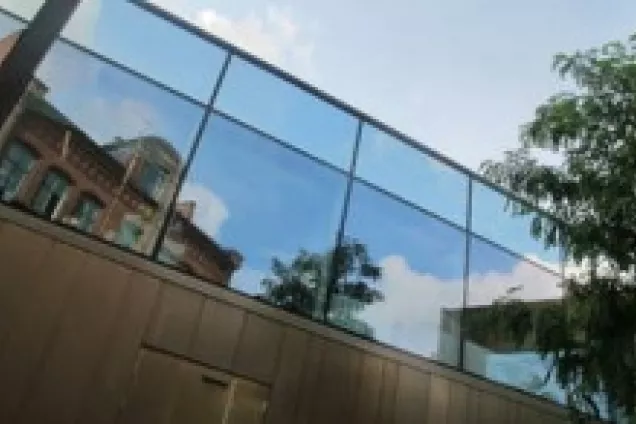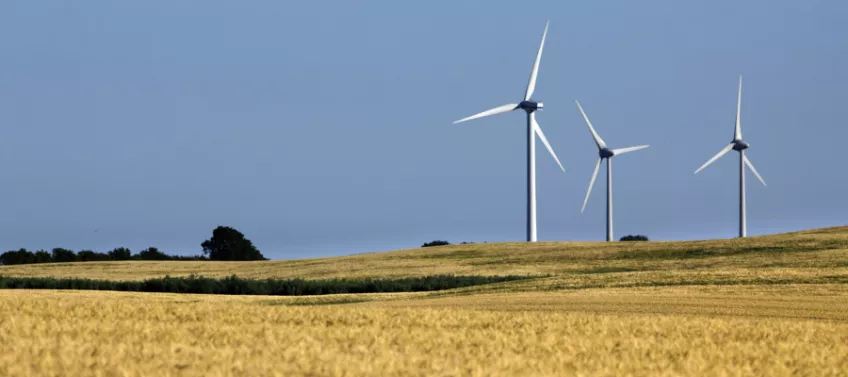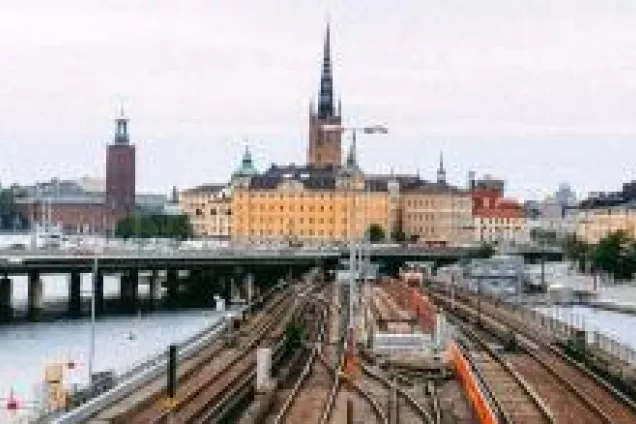Environmental technology and infrastructure
Energy systems
The use of fossil fuels is responsible for a large part of global greenhouse gas emissions. Energy efficiency and conservation by both producers and end users, and utilization of renewable energy, are decisive for the creation of sustainable energy systems. Research at Lund University looks at:
- Energy systems with the vision of zero emissions
- Transition processes for renewable energy
- Policy analysis of climate, energy systems and energy security
- Factors affecting the change of energy systems
- Legal regulation of energy efficiency in existing buildings
- Technology of district heating and cooling
- Energy conservation in buildings
- Energy planning for the sustainable society
Transport systems and logistics
The transport sector is responsible for about 14% of global greenhouse gas emissions. The development is driven by complex feedbacks between economic development and growth, global trade, lifestyles, technology development, etc. Research at Lund University looks at:
- Development of methods to measure sustainable transport
- Strategies for safe pedestrian and bicycle traffic
- Consequences of speeding-controlled traffic systems
- The influence of tourism and transport of people on the climate impacts of aviation
- What affects emissions from traffic
- Sustainability demands on biofuels
Technological development
Pioneering new technologies are necessary to improve and replace current systems for energy supply and use. Basic, as well as applied research creates important conditions for the introduction of new technology on the market. Research at Lund University deals with:
- Alternative vehicle fuels
- Driver support for fuel-efficient driving
- New and improved combustion engines and vehicle hybrid systems
- Solar calls, solar panels and wind power
- Waste-water treatment
- Life cycle analysis for treatment of sludge and solid waste
Contact information and links
Related institutes at Lund University:
Department of Environmental and Energy Systems Studies
Department of Technology and Society
IIIEE, International Institute for Industrial Environmental Economics
LUCSUS, Lund University Centre for Sustainability Studies
Centre for Innovation, Research and Competence in the Learning Economy, CIRCLE

EIT Climate-KIC
climate-kic.lu.se

Urban Arena
urban.lu.se

Main page about research at Lund University
lunduniversity.lu.se




